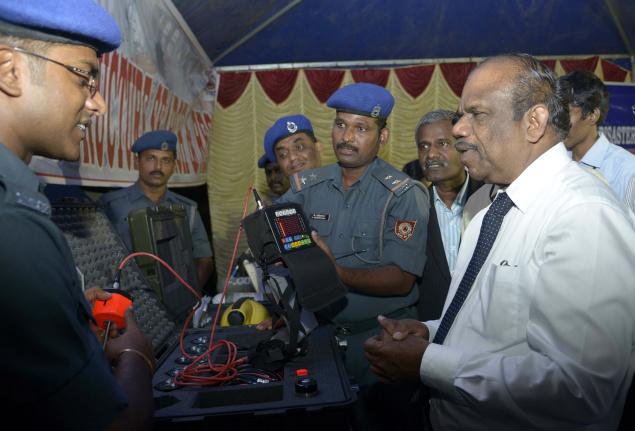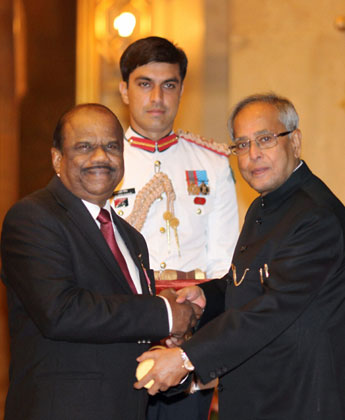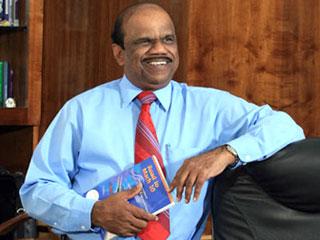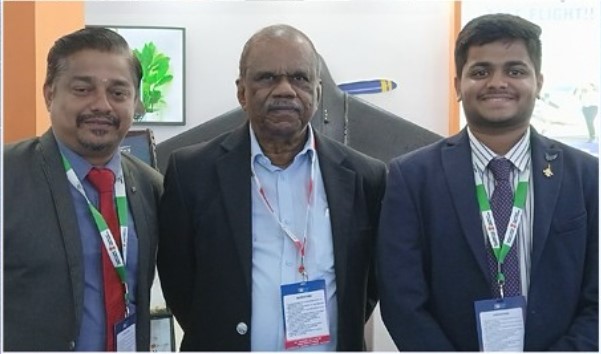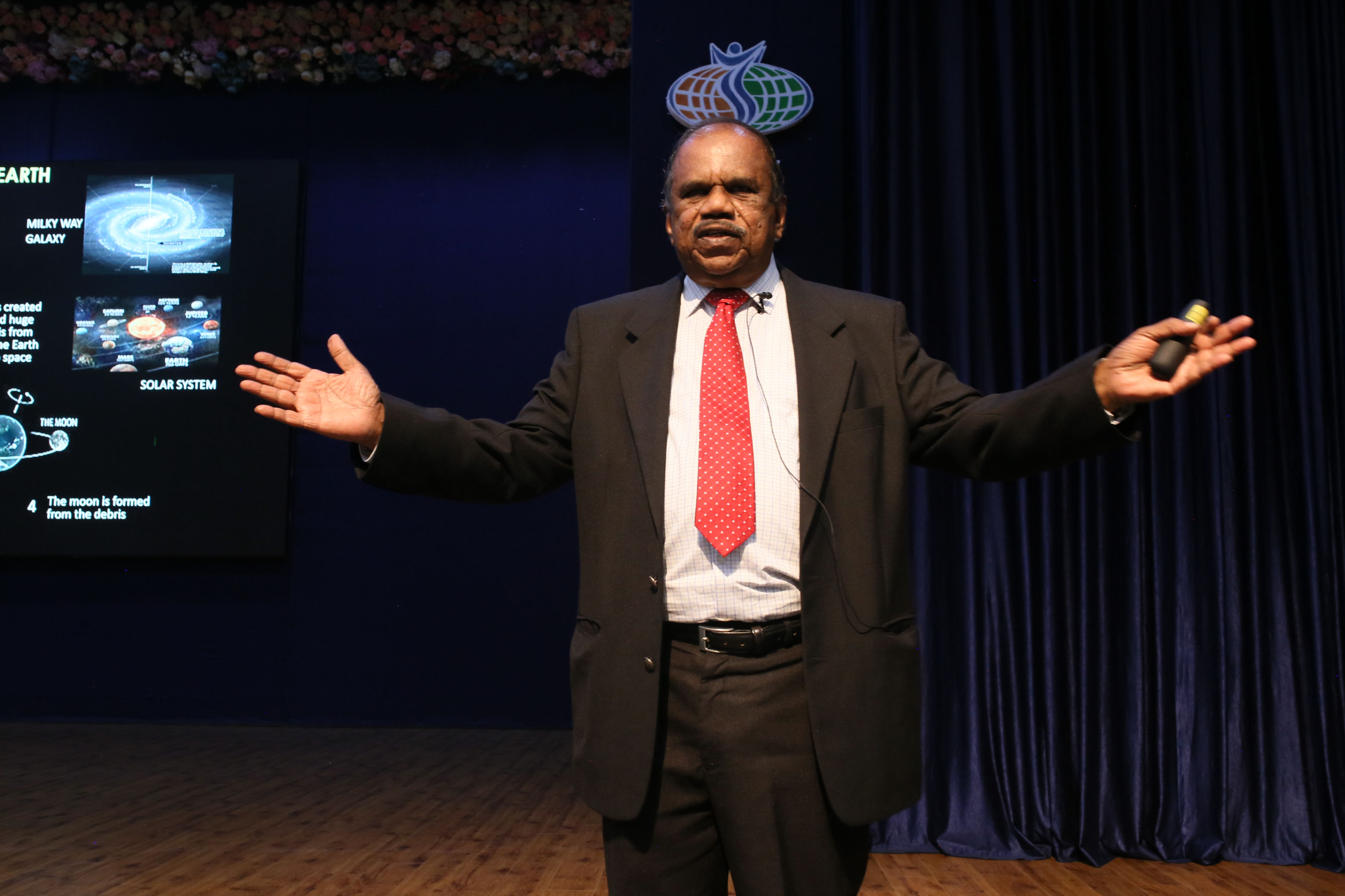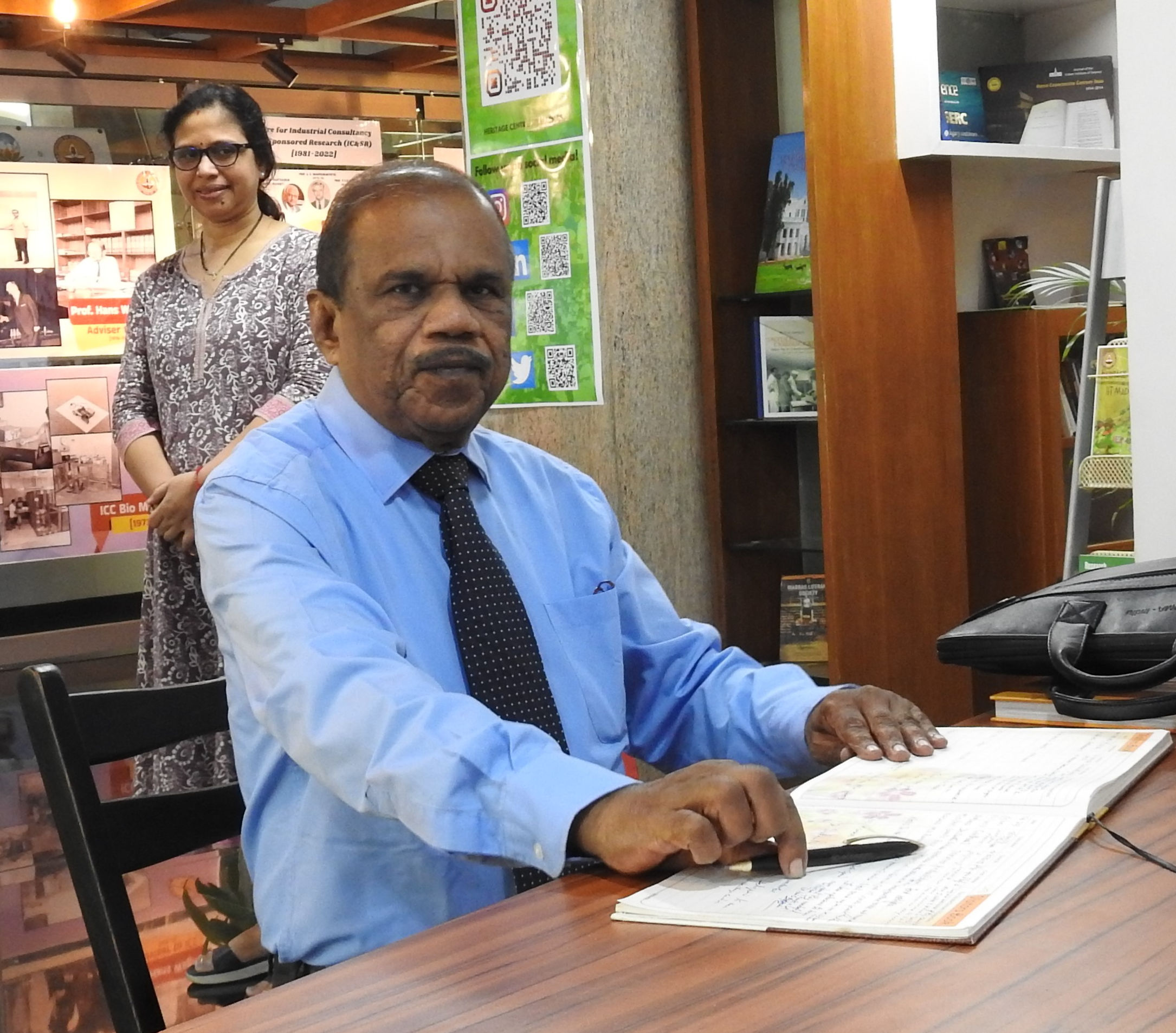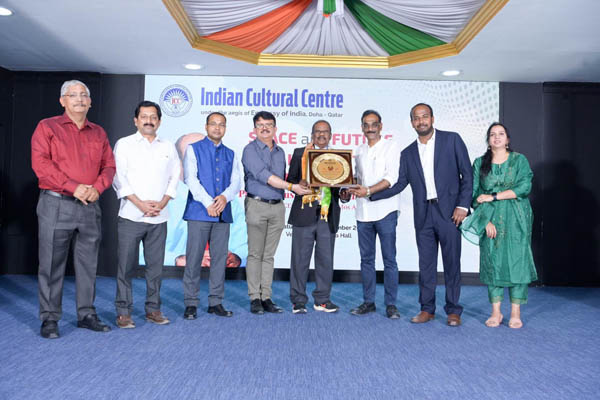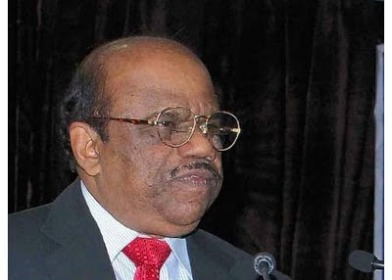
New Delhi, June 13 (ANI): " Thoughts for Change - We can do it", a book co-authored by former President A.P.J.Abdul Kalam and DRDO senior scientist, and CEO and Managing Director of Brahmos Aerospace Dr. A. Sivathanu Pillai, is yet another attempt to kindle the pride in Indians based on past achievements to urge them to move forward with the help of scientific thought.
Published by the Delhi-based Pentagon Press, the 316-page hardcover book highlights India's glorious past, when ancient royalty displayed the utmost respect for sages who by and large devoted their lives to research and study and enriched the very foundations of India.
The book's prime focus is that this respect, this devotion to research and study has been lost over the years, and replaced by people in power indulging in wanton pleasures with no respect for education.
The book makes a earnest pitch and plea for empowering India's 580 million youth to enable them to contribute to revolutionary progress and developmental work through the fields of science and technology, as did the country's leading scientists and intellectuals of the past.
It pitches the view that without technological progress, the empowerment of Indian youth won't be feasible, and reforming policies of economic competitiveness and social prosperity, would become more difficult.
Dr. Kalam and Dr. A. Sivathanu Pillai wholeheartedly believe that the future of India lies with its budding intellectual minds, and therefore, they are the ones who can play a crucial role.
Igniting the spark lying within this huge human potential is the key to re-achieve India's pinnacle of glory, both feel.
Interacting with ANI about the book, Dr. Sivathanu Pillai, said: "We had some of the best brains, but in the present, things have deteriorated because we were ruled by others. We did not particpate in the Industrial Revolution. But, the situation is changing. I see no reason that with 580 million youth, why we can't still make an impression; why India, with its great gene, cannot become a super power. This is what prompted us to write this book for the youth."
"If the youth believes we can do it, then we will do it and India will do it," he added.
On India progressing towards being a vibrant and self-reliant nation, Dr. Pillai said progress has been particularly good in the post-liberalisation phase (1991 onwards).
"The quality of education has improved, the infrastructure sector is growing, the middle class is rising, and that shows development, which means we are moving in the right direction. And , if this trend continues, India will grow in the international market," Dr. Pillai said.
He further said that if the youth of the country are taught skills, then they can come in handy for India.
"Education can also play a pivotal role for India's global growth," he added
Asked whether he felt that the brain drain of the 1960s was in a reducing stage, Dr. Pillai said that eminent scientists like to Dr. Homi Bhabha, Dr. Vikram Sarabhai and Dr. A.P.J.Abdul Kalam have contributed immensely to institution and research building, that today, "we are doing well in space research, and improving our defence artillery capabilities".
"So, when we grow in agriculture, industry, education and research, it will obviously help the nation to grow. More people are now willing to work for the country. We need to make sure that research wings allow aspiring researchers to stay in the country, and the only way is to expand further," he added.
Commenting on the dichotomy of urbanised youth having greater access to such opportunities as opposed to the underprivileged and rural youth of the country, the Brahmos CEO and MD said he disgreed with this view, and cited the example of Dr. C.V.Raman, an Indian physicist and a recipient of the Nobel Prize for Physics in 1930, who came from an underprivileged background and rose to great heights through sheer hard work.
Indian youth , he said, needed to take the nation forward to pose serious competition to other nations. by Ashok Dixit (ANI)
Source: ANI News




